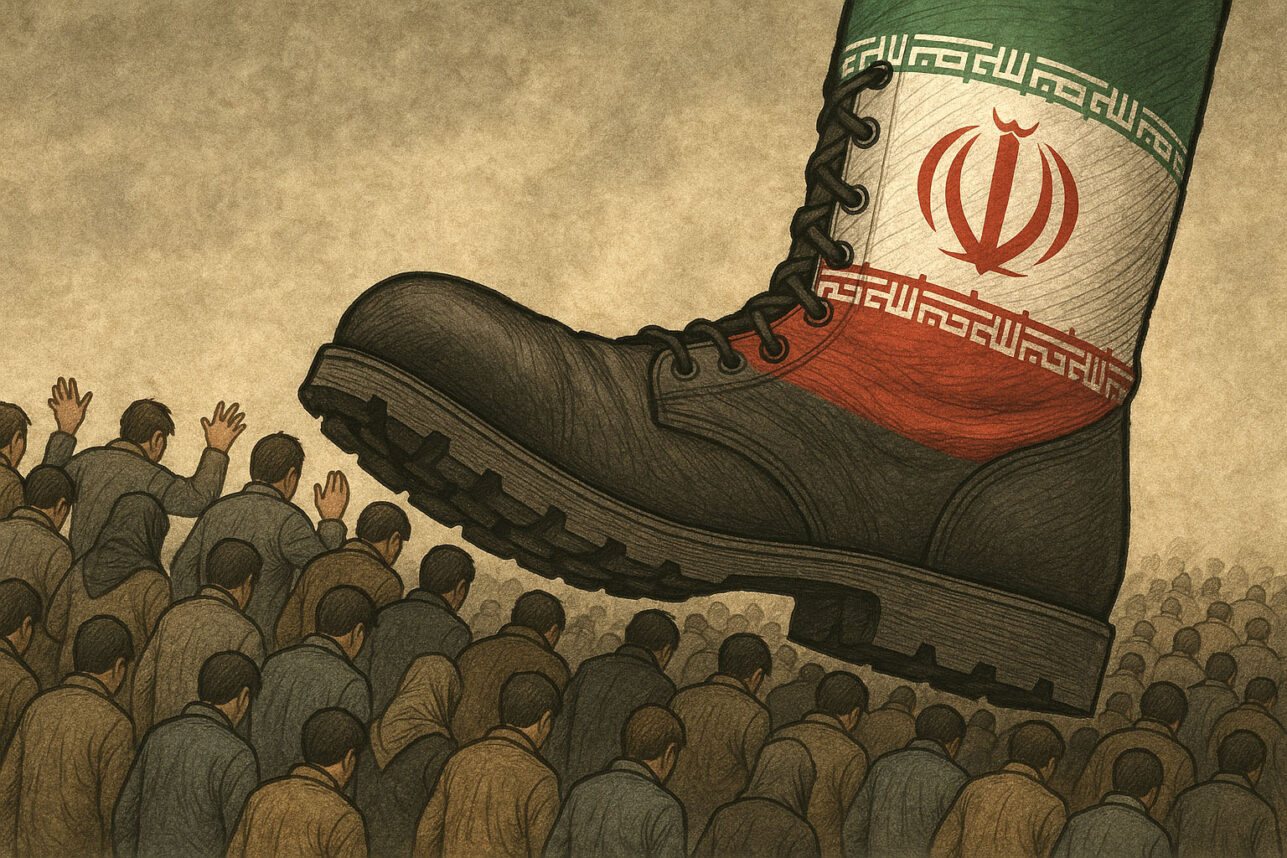In fall 1994, UCLA hired Dr. Gerald Saul Levey to assume the newly merged role of provost of UCLA Medical Center and fourth dean of its top-rated medical school. Levey couldn’t have picked a more precarious time for a job move.
Beset by leadership conflicts, a weak census and budget woes, UCLA was struggling to finance its famous research and teaching programs while delivering superior care in a marketplace rocked by the Northridge earthquake, a recession, managed care and declining government revenue.
Five years later, Levey’s business acumen and love of challenges have restored a clear vision, high morale and financial soundness to UCLA.
“My earliest memory is of wanting to be a physician like Dr. Rosenstein, our family pediatrician,” Levey, 62, recalls. “He made house calls, fixed my broken collarbone and saved a finger I nearly lost. I was absolutely in awe of him.”
Though Levey lived on “the wrong side of the Hudson River” during the Depression, his Jersey City, N.J., parents worked hard to support their only son’s dream.
“We didn’t have a lot of money, but my family’s passion was for me to go to college and become a physician,” Levey says. “Education, achievement and raising kids who became good people — this is what my parents’ world revolved around.”
Life grew complicated when Levey turned 18. His attorney father, an immigrant from Odessa who once chaired the Republican Party in Hudson County, N.J., died suddenly of a heart attack. His mother, a first-generation daughter of Polish Jews, joined the workforce as a secretary to support Jerry and his older sister.
“With what she earned, my mother put me through college and medical school,” Levey says. “She lived to be 83 and was a great woman.”
In addition to internalizing her value for hard work and education, Levey inherited his mother’s devotion to Judaism.
“Judaism was important in our family,” says Levey. “We celebrated all the holidays and belonged to a conservative synagogue, where I went to religious school and was bar mitzvahed.
“I still remember raising money in the little, blue tzedakah boxes,” he adds, “and the sheer excitement we felt when the State of Israel was created.”
In his senior year at Cornell University, Levey met Barbara Cohen, another strong woman who would influence his life. A quick-witted blonde who sat next to him in folk-singing class, his wife-to-be was, Levey says, “a case of assigned seating — and love at first sight.” Recalls Barbara, now UCLA’s assistant vice chancellor of biomedical affairs, Levey dazzled her with his “incredible sense of humor.”
Barbara had already been accepted to medical school at SUNY Syracuse, where she graduated cum laude as the only woman in her class. After Levey earned his medical degree from the University of Medicine and Dentistry in New Jersey, the two married in 1961. They have two children, Robin, 34, and John, 36.
Dr. Barbara Levey attributes the secret of the Leveys’ happy marriage to “reciprocal devotion.” “Jerry is honest, direct, fair and empathetic — important traits for marital success,” she acknowledges. “And, after 38 years, his sense of humor hasn’t diminished a bit.”
Not content to restrict their partnership to marriage and career, the Leveys have shouldered leadership roles in Jewish organizations, often working as a team. In the past 25 years, the Leveys served on the local boards of their synagogue, the American Jewish Committee, Jewish National Fund, and Jewish Family and Children’s Services.
“We are active on the American Jewish Committee because of their work to improve relationships with other groups,” Levey explains, “and the United Jewish Federation, because of the great things they do for Israel and the local community.”
In 1996, the Jewish National Fund awarded the Tree of Life Award to the Leveys for their longtime commitment and contributions. Last year, the American Physicians Fellowship for Medicine in Israel presented the Leveys with a distinguished medical service award for their efforts to arrange U.S. training experiences for Israeli physicians.
During Levey’s five years of leadership, UCLA’s medical center and medical school have tangled with copious challenges, which Levey admits “intrigue and frankly challenge” him. In the devastating wake of the Northridge earthquake, both institutions have vigorously rebounded under Levey’s energetic direction.
Over the past five years, UCLA has launched 19 clinics in a community-based primary-care network; attracted $500 million in private donations, with $140 million in capital gifts for building projects; increased research funding to $227 million this year; recruited 13 academic chairs; created four new departments; maintained its 10-year reputation in U.S. News & World Report as the “Best in the West” for clinical care; and continued to identify life-saving scientific breakthroughs, such as the breast cancer drug, Herceptin.
Now, in the midst of a $600-million campaign to build two new hospitals to open in 2004 on UCLA’s Santa Monica and Westwood campuses, Levey’s star has never risen higher. Designed by world-renowned architect I.M. Pei, the million-square-foot Westwood complex will blend a light-filled healing environment with cutting-edge medical technology. In Santa Monica, prominent New York architect Robert A.M. Stern is designing a 525,000-square-foot neighborhood-friendly facility to replace the existing community hospital.
“Here at UCLA, we are creating the first academic health center specifically planned for the next century,” Levey says. “Can you imagine the exhilaration connected with this prospect? We are literally testing our ability to prophesy how medicine will be practiced and taught in the new millennium. If we do it well — and we must — we will be able to provide unsurpassed care for our patients and improve the health of people around the world.
“Every day,” he says simply, “I feel that these extraordinary new hospital and research buildings will be the legacy that I leave to UCLA.”

































 More news and opinions than at a Shabbat dinner, right in your inbox.
More news and opinions than at a Shabbat dinner, right in your inbox.